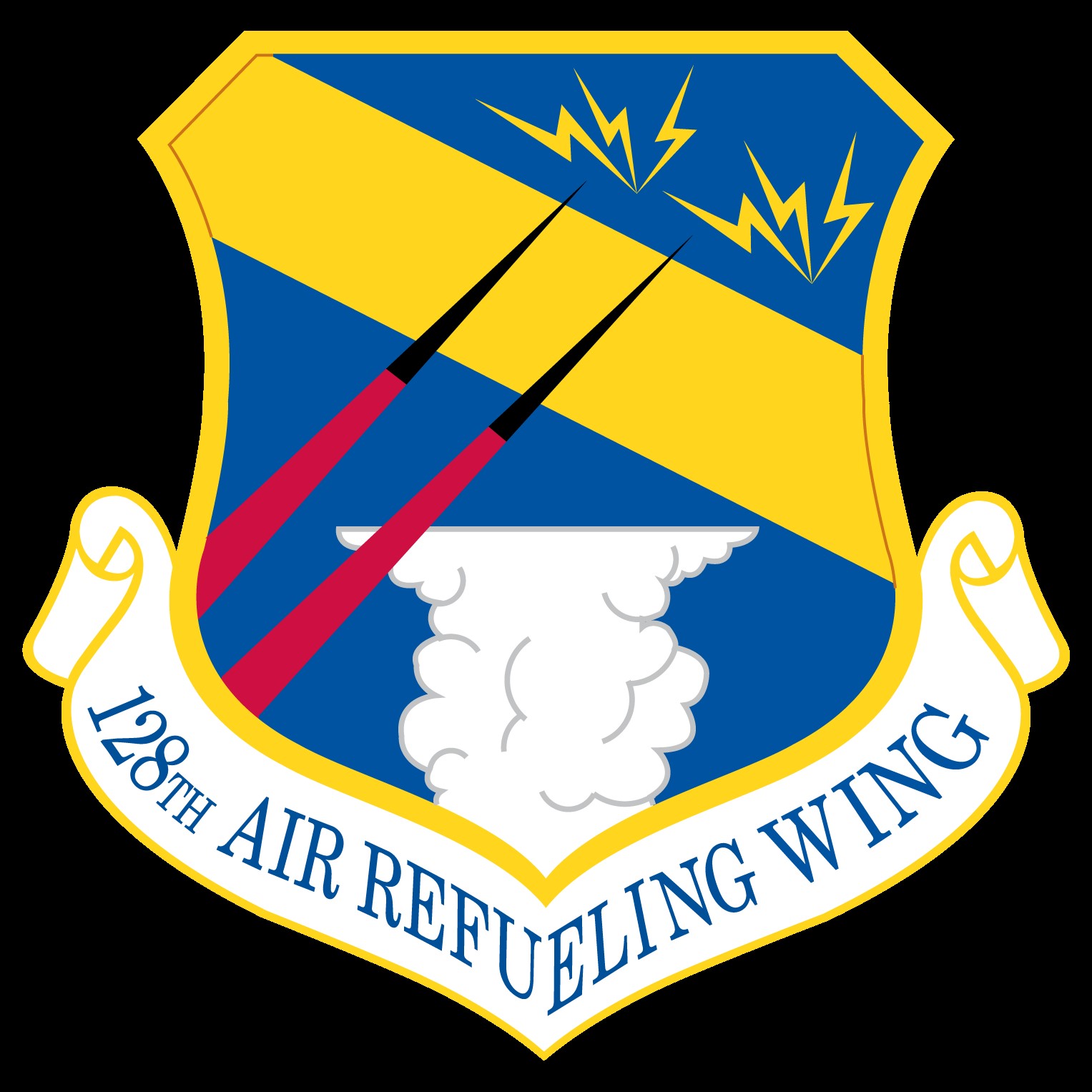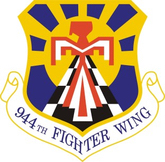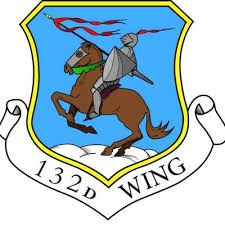Information
-
Document No.
-
Audit Title
-
Client / Site
-
Conducted on
-
Prepared by
-
Location
-
Personnel
30.20. Communications Cable, Antenna and Communications Systems Checklist.
-
30.20.1. Are flammable wastes disposed of at the end of each shift in clearly marked metal<br>containers? Reference 30.1.1
-
30.20.2. Are workers aware of the risk of electromagnetic interference for persons who have<br>electrically active medical implants? Reference 30.1.3
-
30.20.3. Are procedures established to protect personnel and notify the installation Radiation Safety<br>Officer if an electron tube containing radioactive materials is broken? Reference 30.2.3.3
-
30.20.4. Are regulators removed, safety caps installed and compressed gas cylinders properly<br>secured during transport or when not in use? Reference 30.2.5
-
30.20.5. Are compressed gas cylinders secured, stored away from excessive heat and protected from<br>the direct rays of the sun? Reference 30.2.5.1
-
30.20.6. Do workers adhere to established safety practices when working near exposed electrical<br>circuits or maintenance and installation activities, such as not wearing rings, watches or other<br>conductive objects; not using or carrying in pockets, metallic measuring rules, tools or metal-cased<br>objects; and avoiding working in wet clothes? Reference 30.3.1
-
30.20.7. Are electrical circuits de-energized, and locked and tagged out before attempting any work,<br>unless the work requires the circuits to remain energized? Reference 30.3.5
-
30.20.8. Do workers wear arc-fault protective clothing when work tasks expose them to a potential<br>for arc flash? Reference 30.3.5
-
30.20.9. Are workers trained on the proper procedures to be accomplished if leakage of suspected<br>PCBs is detected during work on transformers? Reference 30.3.9
-
30.20.10. Have the installation (FES) Flight and the emergency response personnel been provided<br>maps with routes to locations of remote work sites? Reference 30.3.11
-
30.20.11. Are metal workbenches and those that are metal framed or metal legged, which are used<br>for repairing and testing electronic equipment, grounded? Reference 30.3.14.1
-
30.20.12. Is the soldering work area free of combustible materials and equipped with fire<br>extinguishers? References 30.3.15
-
30.20.13. Is proper face protection used by personnel performing soldering tasks? Reference<br>30.3.15.1
-
30.20.14. Is the soldering work area properly ventilated? Reference 30.3.15.2
-
30.20.15. Do workers who use heaters and torches in tents ensure the tent material is fire resistant<br>and the tent is adequately ventilated during use of this equipment? Reference 30.3.16
-
30.20.16. Have all workers required to perform duties on communications systems or act as safety<br>observers received first aid and CPR training? Reference 30.4.1
-
30.20.17. Are personnel who are required to enter confined spaces trained in self-rescue? Reference<br>30.4.2.2
-
30.20.18. Is a pre-task safety briefing performed prior to any task requiring the use of or exposure to<br>hazardous materials? Reference 30.4.2.3
-
30.20.19. Is the training for all workers required to perform duties on communications systems or act<br>as safety observers documented properly? Reference 30.4.3
-
30.20.20. Are warning devices and barriers used when motor vehicle traffic is a potential hazard to<br>personnel working in manholes or on aerial lifts? Reference 30.5.1
-
30.20.21. Are appropriate warning signs or AFVAs available and used when working in and around<br>communications systems work sites? Reference 30.5.4
-
30.20.22. Is emergency equipment available to personnel exposed to high voltage when performing<br>communications maintenance tasks? Reference 30.5.7
-
30.20.23. Are hard hats issued to personnel who work on and around poles, overhead structures,<br>tower and antenna construction jobs? Reference 30.5.8.1
-
30.20.24. Are all tools and equipment maintained in safe condition? Reference 30.6.1
-
30.20.25. Are nonconductive tools used when performing work on energized C-E equipment?<br>Reference 30.6.2
-
30.20.26. Are all ladders used to support electrical work of proper design (wood or fiberglass)?<br>Reference 30.6.4
-
30.20.27. If metal ladders or wood ladders with metal reinforced siderails are used, are they stored<br>away from electrical equipment and are the side rails of metal ladders stenciled ―DANGER-DO<br>NOT USE AROUND ELECTRICAL EQUIPMENT‖? Reference 30.6.5
-
30.20.28. When working close to energized overhead power lines, are procedures in place to prevent<br>equipment or aerial lifts from violating minimum distances? Reference 30.7.1
-
30.20.29. Are workers assigned duties that require climbing poles or structures trained? Reference<br>30.9.3.1
-
30.20.30. When performing work on aerial communication cable and antenna systems, are safety<br>observers current in climbing certification? Reference 30.9.7
-
30.20.31. Prior to climbing communication poles or antenna supports, are workers equipped and<br>wearing suitable PPE? Reference 30.9.12
-
30.20.32. Are natural fiber, nylon, or wire ropes inspected for deterioration, fraying or broken<br>strands prior to use and discarded if found to be unsafe? References 30.9.18.3
-
30.20.33. During work on or near radomes, are personnel required to wear hard hats and safety-toed<br>shoes? Reference 30.9.20
-
30.20.34. Are workers instructed in the hazards of non-ionizing radiation associated with radar and<br>microwave equipment? Reference 30.15.1
-
30.20.35. Are workers instructed on the hazards of working with RF transmitters and antennas?<br>Reference 30.15.2
-
30.20.36. Do workers check handlines for serviceability prior to use? Reference 30.17.6
-
30.20.37. Do workers wear safety straps and harnesses when working on elevated work platforms?<br>Reference 30.17.7
-
30.20.38. Do workers wear insulating rubber gloves when handling suspension strand that is being<br>installed on joint-use poles? Reference 30.17.7
-
30.20.39. Prior to operating a special purpose vehicle, is the vehicle visually inspected for<br>serviceability, condition, correct assembly for the operation, proper storage of equipment and worn<br>equipment? Reference 30.18.1
-
30.20.40. Prior to the operation of a winch, is a safety observer positioned in the front and well clear<br>of the winch being used? Reference 30.18.2
-
30.20.41. When operating a truck-mounted winch, is the vehicle operator trained and familiar with<br>the operation of a winch gear train and power takeoff lever movement? Reference 30.18.2
-
30.20.42. Do winch operators wear leather palm gloves when handling a winch line? Reference<br>30.18.2.1
-
30.20.43. Prior to use, do winch operators inspect the winch line for defects such as broken or worn<br>strands, kinks, flat spots and worn eye loops? Reference 30.18.2.1










